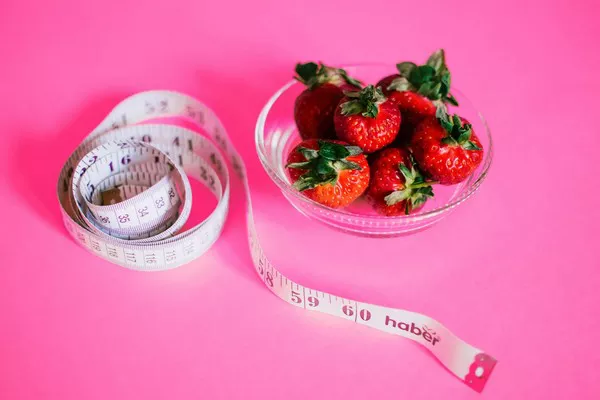Losing weight can be a challenging process, but by making simple changes to your diet, you can achieve your goals. Eating the right foods can help you feel full and satisfied while also supporting your body’s natural fat-burning processes. In this article, we’ll explore some of the best foods to eat when losing weight, along with tips on how to incorporate them into your daily routine.
1.High-Protein Foods
Protein is an essential nutrient that plays a crucial role in weight loss. Eating a high-protein diet can help you feel full and satisfied, which can reduce your overall calorie intake and support weight loss. Additionally, protein has a thermic effect, meaning it requires more energy to digest than carbs or fat. This means that eating protein can boost your metabolism and help you burn more calories.
Some excellent sources of protein include:
1.Lean meats like chicken, turkey, and fish
2.Beans and legumes like lentils and chickpeas
3.Greek yogurt and cottage cheese
4.Nuts and seeds like almonds, chia seeds, and pumpkin seeds
2.Fiber-Rich Foods
Fiber is another important nutrient for weight loss. It helps keep you feeling full and satisfied, which can reduce your appetite and prevent overeating. Additionally, fiber slows down digestion and absorption, which can help regulate blood sugar levels and prevent insulin spikes.
Some great sources of fiber include:
1.Fruits like apples, bananas, and berries
2.Vegetables like broccoli, carrots, and sweet potatoes
3.Whole grains like brown rice, quinoa, and oats
4.Legumes like black beans, kidney beans, and lentils
3.Healthy Fats
It may seem counterintuitive, but eating healthy fats can actually help you lose weight. Fat is a critical nutrient for your body, and consuming healthy fats can help reduce inflammation, boost brain function, and support weight loss by keeping you feeling full and satisfied.
Some examples of healthy fats include:
1.Avocado
2.Nuts like almonds, walnuts, and cashews
3.Seeds like chia seeds, flaxseeds, and hemp seeds
4.Fatty fish like salmon and tuna
4.Low-Carb Options
While carbs are an essential nutrient, consuming too many refined carbohydrates can lead to weight gain. When you eat carbs, your body breaks them down into glucose, which is then used for energy. However, when you eat too many carbs, your body stores the excess as fat.
By choosing low-carb options, you can reduce your overall calorie intake and keep your blood sugar levels stable.
Some low-carb options include:
1.Leafy greens like spinach and kale
2.Cruciferous vegetables like broccoli and cauliflower
3.Berries like strawberries and blueberries
4.Nuts and seeds
5.Lean proteins like chicken, turkey, and fish
5.Whole Foods
Eating whole foods – meaning foods that have undergone minimal processing – is a great way to support weight loss. Whole foods are typically rich in nutrients and fiber, making them more filling and satisfying than processed foods.
Some examples of whole foods include:
1.Fruits and vegetables
2.Whole grains
3.Legumes
4.Lean proteins
6.Water
Drinking water is essential for weight loss. Not only does it help keep you hydrated, but it can also reduce your appetite and prevent overeating. Additionally, drinking water before meals can help you feel full, reducing your overall calorie intake.
7.Portion Control
While what you eat is important, it’s also vital to pay attention to how much you eat. Portion control is key to successful weight loss. By eating smaller portions, you can reduce your overall calorie intake and still feel satisfied.
Some tips for portion control include:
1.Using smaller plates
2.Measuring out servings
3.Eating slowly and mindfully
In conclusion, losing weight is all about making simple changes to your diet and lifestyle. By incorporating high-protein foods, fiber-rich foods, healthy fats, low-carb options, whole foods, water, and practicing portion control, you can achieve your weight loss goals and improve your overall health. Remember, it’s essential to find a diet that works for you and your needs, so be sure to speak with your healthcare provider before making any significant changes to your diet.
Related topics:


